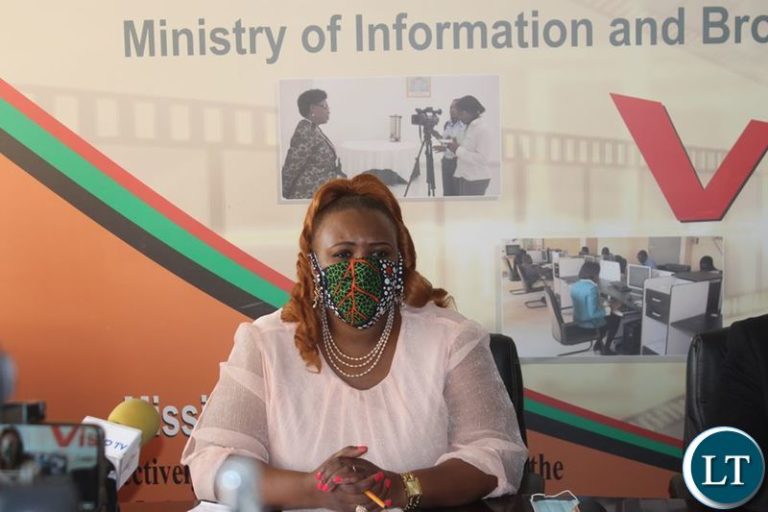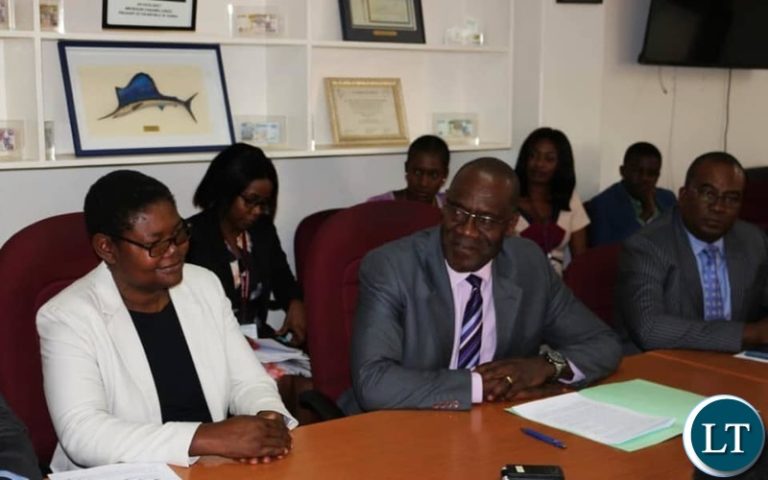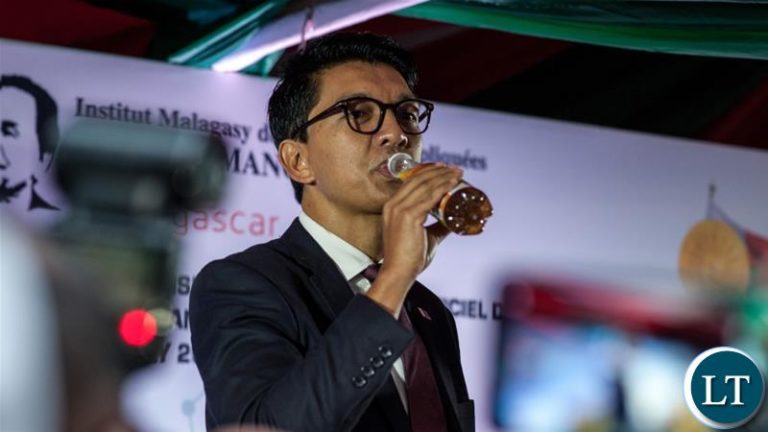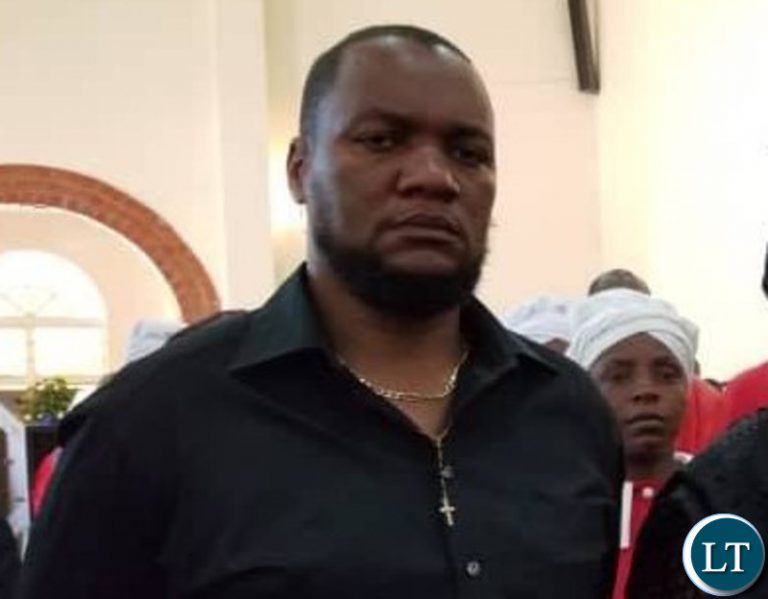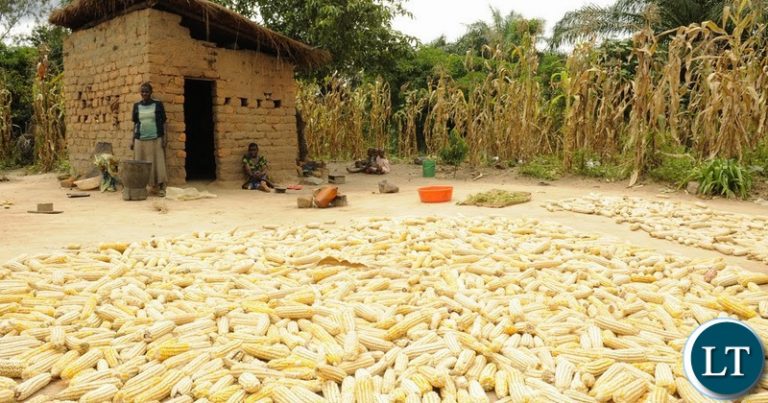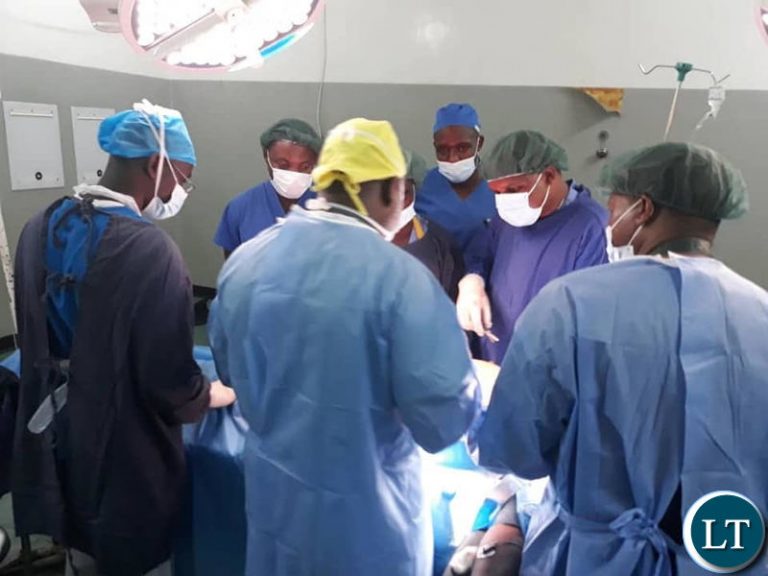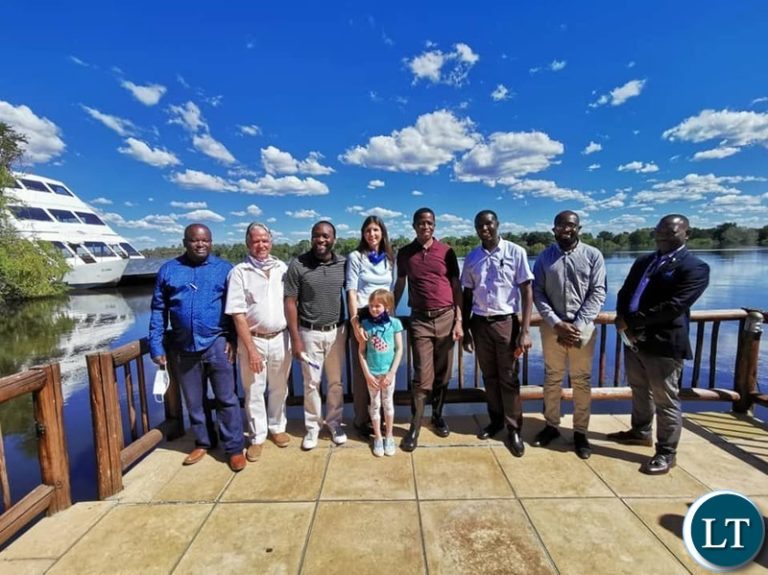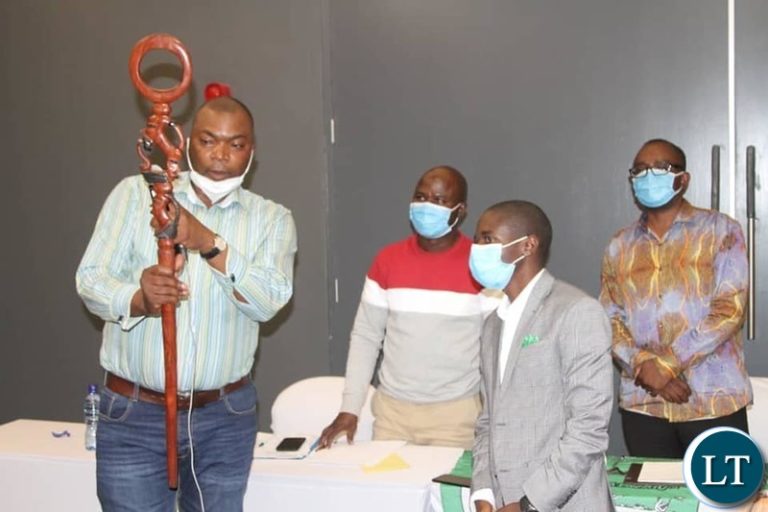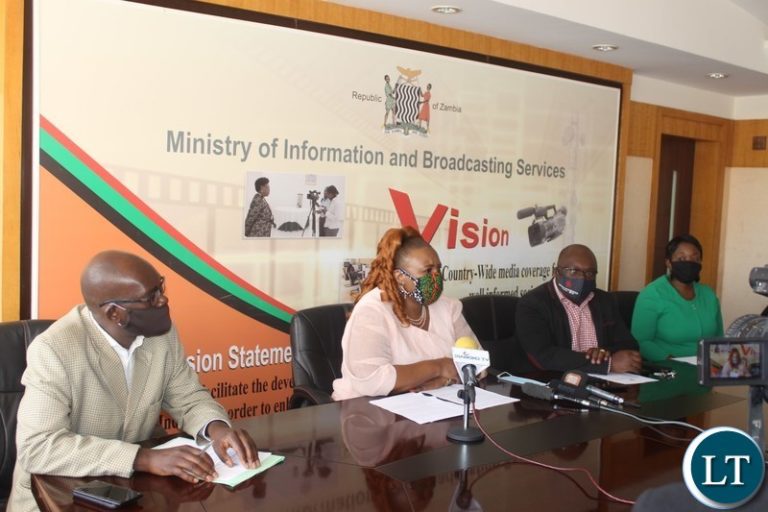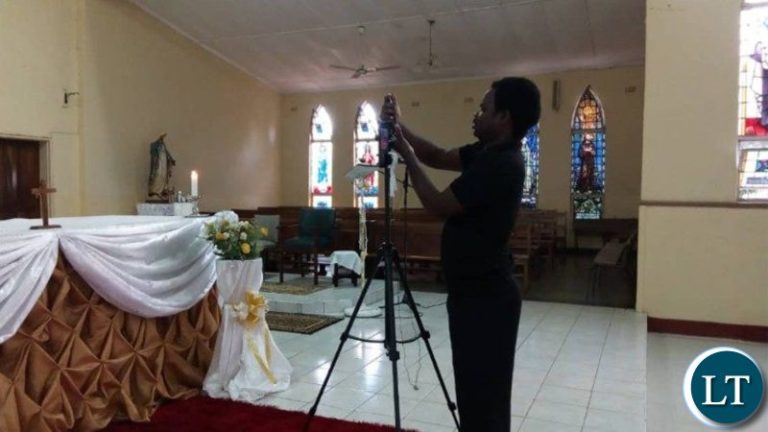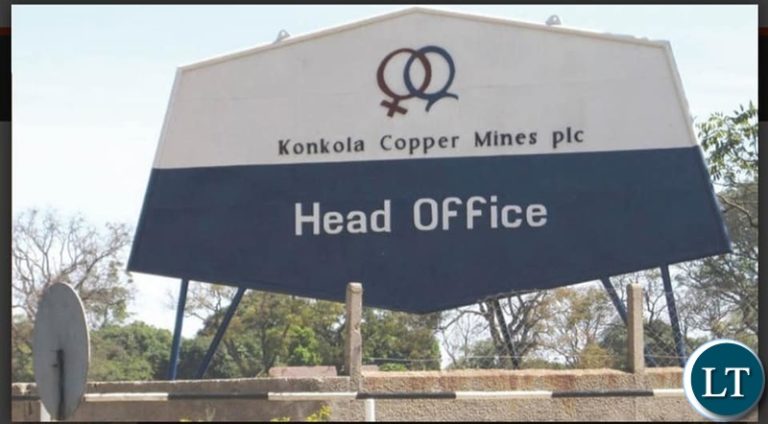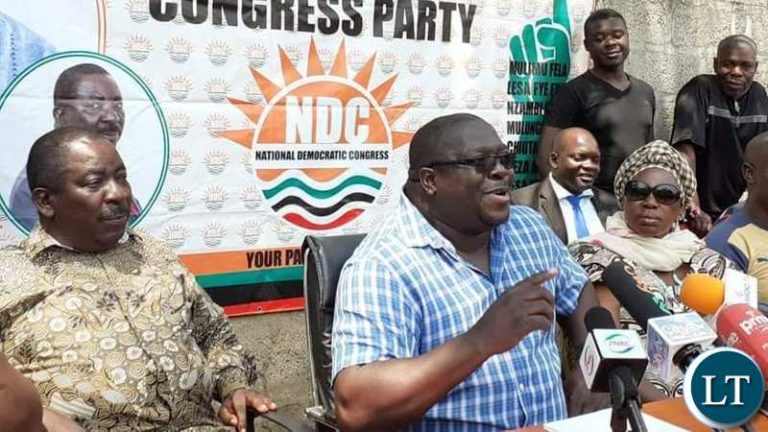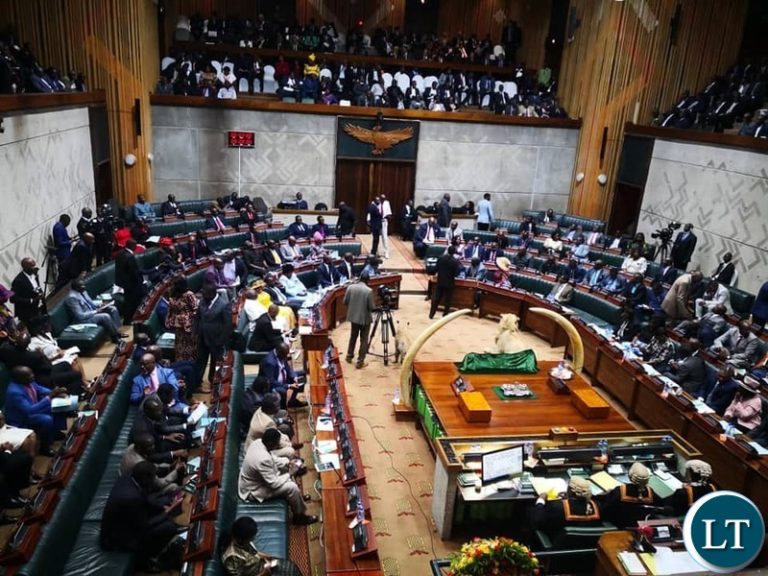Zambia has recorded 8 new COVID-19 cases in the last 24 hours. This is according to the Ministry of Health which added that 4 COVID-19 patients from the Levy Mwanawasa Isolation facility have been discharged, thus increasing the number of recoveries to 192 cumulatively, leaving the country with 566 active cases in Health Facilities.
Speaking during the COVID-19 routine update on Monday Ministry of Health Director for Infectious Diseases Prof Lloyd Mulenga said the country has conducted 521 tests out of which 8 were positive.
“We are glad to report also four (4) discharged from the Levy Mwanawasa medical isolation center and we have continued also the supervised home isolation system which we have implemented in Nakonde.
We did conduct 521 tests from the University Teaching Hospital laboratories and also the Ndola Laboratories including Chinsali as well where the testing has started and from those, we are reporting 8 new cases .” Prof. Mulenga stated, adding that 3 are health workers from UTH, 5 are cases from the Copperbelt.
“We have 3 from Lusaka one is a 46-year-old health worker from UTH and another one is a 31-year-old who is a contact to a known case then we also have another woman who was detected through routine screening. Then from Copperbelt, we have recorded five of these five, one of them is a female health worker from Ndola Teaching Hospital and also we have a 23-year-old who is a contact to a known,” he added. Three cases recorded were from Solwezi.
Prof. Mulenga has stated that the Ministry has deployed 100 community health workers working with 50 case managers to follow up on those in homes under the new home isolation systems in Nakonde.
“As we speak we have more than 100 community health workers who are working with a dedicated team of 50 case managers to follow up those in homes,” he said
Meanwhile, Chief Government spokesperson Dora Siliya has said that masks will be distributed to pupils in examination classes and ensure schools have hygiene facilities in strategic places.
Ms. Siliya, who is also Minister Information and Broadcasting Services, said that there is also a need to screen for COVID-19 in schools so that if there is a case, it is quickly isolated to combat the spread.
The Minister also says orientation needs to be carried out among pupils, teachers, and parents on COVID-19 as classes resume under the “New Normal”.
Speaking during a Special interview on Radio Phoenix today, Ms. Siliya said the government continues to monitor the situation and will review the measures implemented when the need arises.
Ms Siliya also said that the government will defend any media house as long as they have not broken the law, adding in spite of the person being featured on their programmes.
Ms. Siliya said Zambia is a country of laws and that if anyone is aggrieved by one’s freedom of expression in the media, they should follow the procedure and report any issue to the Independent Broadcasting Authority -IBA.
She said it is not right to harass the media house and a Guest on a programme.


